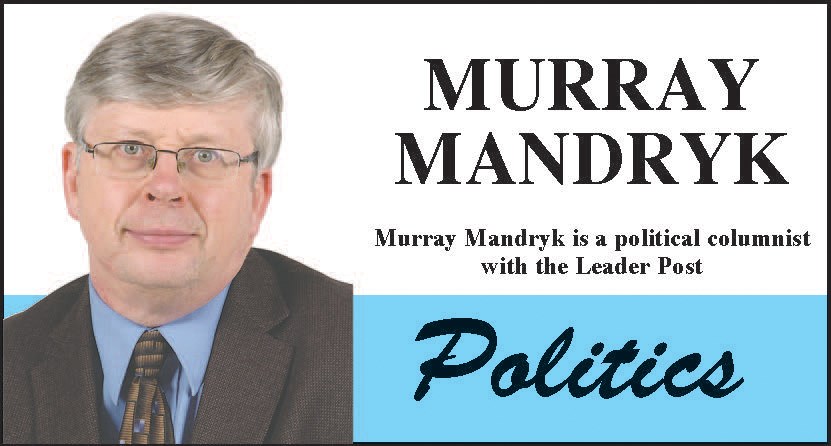This is an exhausting country.
It’s exhausting enough travelling the extent of this vast nation — let alone traversing the vast array of issues that you will encounter at every stop.
But if you believe this country is worth it — and, notwithstanding those who pushing the wexit agenda, most of us still do — the only way to fix it is tirelessly work at it.
The disheartening thing right now is there is a growing sense that we can’t, don’t want to or won’t do that any more.
And that’s not necessarily coming from a few loudmouths on coffee row or at the end of the bar. That message — at least indirectly or subconsciously — is coming from the politicians themselves.
It’s certainly the message that Westerners have been getting from Prime Minister Justin Trudeau’s Office for some time now. This, after all, was the very thing that produced the legitimate feelings of alienation and the illegitimate nonsense talk of separation.
And what’s truly maddening is the seeming willingness for those in Central Canada — and especially those in Ottawa and the PMO — to ignore Western frustrations.
While it’s exceedingly difficult to believe that Trudeau or any national leader would deliberately put forth policies with the sole objective of enhancing their electability in one reason over the other, it sure does seem to happen.
The equalization formula is likely a perfect example of that, although its complexity makes it difficult to categorize it as political tool.
Besides supposedly helping out the legitimate “have-nots” _ generally, Maritime provinces not blessed with a whole lot of non-renewable resource development — Manitoba and Quebec have been perennial equalization recipients.
That’s because of the fundamental nature of the formula many see as a flawed: it punishes both provinces drawing wealth from their natural resource riches and those provinces who keep their tax load low by subsidizing their government’s revenue with those resource riches.
As such, one can certainly be frustrated that the lion’s share of $19.8 billion dollar equalization pool goes to Quebec that taxes high, has hydro electric wealth that is “renewable” and not subject to the formula and isn’t developing its non-renewable resources to substitute for its high taxes.
Contrary to the belief of some, it isn’t provincial money going into the pool — it’s federal tax dollars. But those tax dollars do come from residents of places like Alberta and Saskatchewan who pay federal income tax and haven’t benefited from equalization of late.
(It’s worth noting that Saskatchewan did draw from the equalization pool in every year but one from its inception in 1957 to 1980. Even Alberta drew from the equalization pool from 1957 to 1964.)
The point here is, that equalization is complicated mess that can’t or won’t be fixed overnight.
This is important to understand in the context of Saskatchewan Premier Scott Moe going to Ottawa last week saying he heard nothing from Trudeau that suggested things can change.
One of things Moe asked Trudeau for, besides the re-evaluating Saskatchewan’s climate change plan and putting a one-year pause of carbon tax, is a call to adjust “the inequitable equalization formula.”
Unfortunately, equalization is much like the country itself — huge, flawed and not easy to fix.
This is why it didn’t get fixed a decade ago under the Stephen Harper Conservative government, who ran in 2006 under a platform of removing non-renewable resources from the equalization formula, but dropped it because they’d lose support.
Yet while premier Brad Wall wholeheartedly endorsed Harper’s change and abandoned this issue for a decade, Moe now wants to see change after one 50-minute meeting.
Yes, need to be fixed. But we to still need patience to fix them our problems.
Murray Mandryk has been covering provincial politics for over 22 years.



